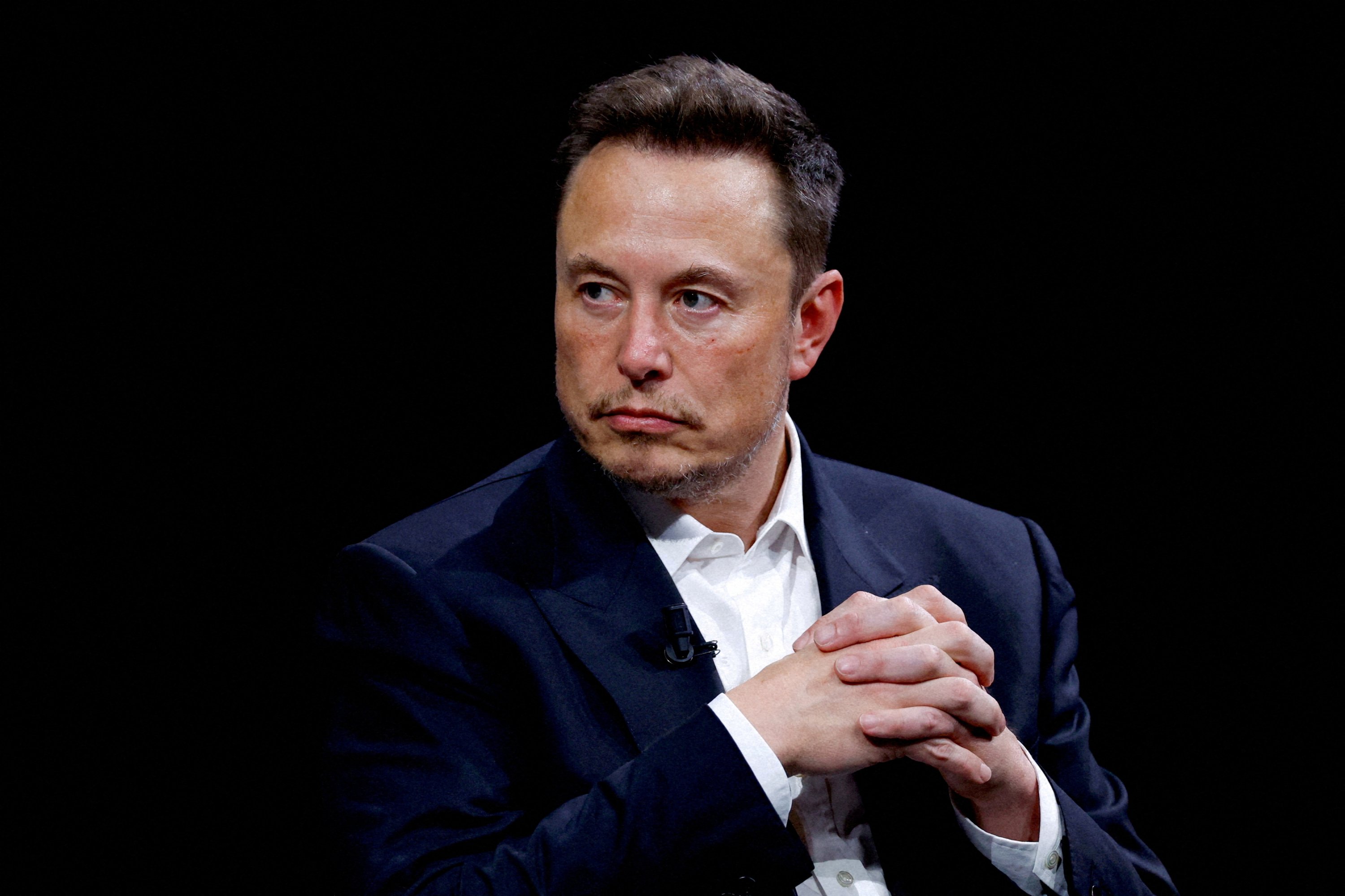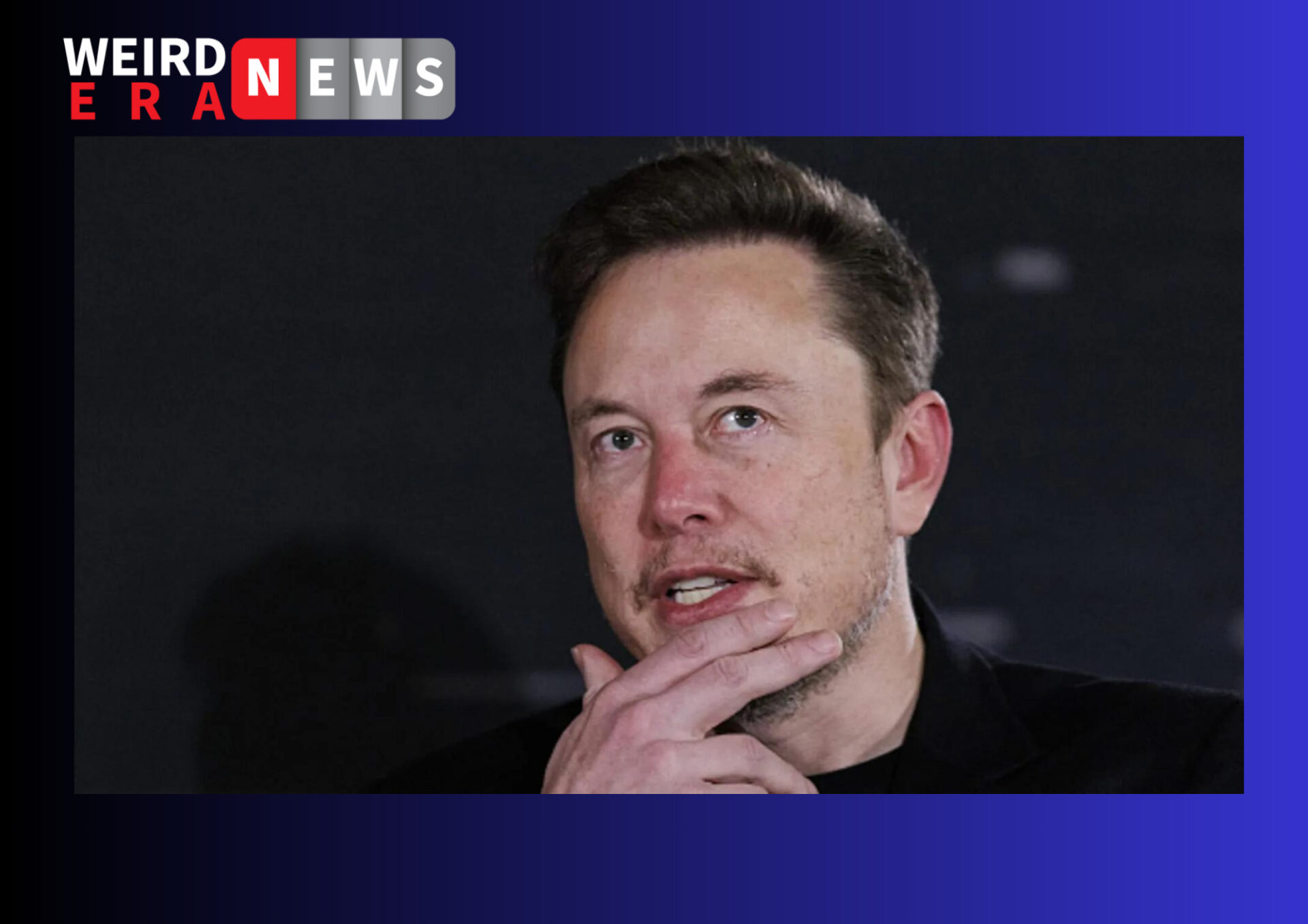Elon Musk, the CEO of Tesla and SpaceX, as well as the owner of the social network X (formerly Twitter), expressed his desire on Monday to secure approximately 25% of the voting control of Tesla, his electric vehicle company.
Currently holding about 13% of Tesla’s shares, which equates to about 411 million shares out of a total of 3.19 billion shares outstanding, Musk has a substantial stake in the company. That stake is notable, especially considering his significant sale of Tesla stock in 2022, primarily to finance Twitter’s $44 billion leveraged buyout.

Read More: Boeing Implements Enhanced Quality Inspections for 737 MAX
Although he already has considerable influence, Musk is now seeking more control over Tesla. In a post on X, he stated: “I’m uncomfortable with Tesla becoming a leader in AI and robotics without me having ~25% voting control. Enough to be influential, but not so much that I can’t be flipped. “
Musk emphasized that if he doesn’t achieve that level of control, he’ll prefer to develop products outside of Tesla. He argued that Tesla is not just one startup, but rather a collection of businesses, which sets it apart from traditional automakers like GM.
Contrary to Musk’s current position, he previously argued that Tesla is already a major player in artificial intelligence and robotics, with the company’s value dependent on its expertise in these areas. He predicted that Tesla’s humanoid robot, Optimus, will eventually surpass the value of the car industry and fully self-driving capabilities during the first quarter of 2022.
However, Musk’s recent comments highlight a shift in perspective as he now emphasizes the need for increased voting control to allow Tesla to continue advancing AI and robotics.
The development is expected to put further pressure on Tesla’s board in 2024. Musk’s desire for more control comes amid existing concerns from investors and lawmakers about his divided focus, use of the company’s resources across various businesses, and controversial public statements. Additionally, ongoing federal investigations into Musk and Tesla, as well as concerns about the CEO’s reported drug use, add to the challenges facing Tesla’s board of directors.
In addition, Musk is currently facing a lawsuit in Delaware related to his $56 billion pay package from Tesla in 2018. Shareholder Richard J. Tornetta sued Musk and Tesla, alleging he was overcompensated and breached fiduciary duties. Musk revealed Monday that Tesla’s board is awaiting a decision from the Delaware Court of Chancery before setting a new compensation plan.
Amid these challenges, Musk continues to advocate for 25% voting control, saying it would give him leverage while allowing shareholders the power to override his decisions if necessary.

